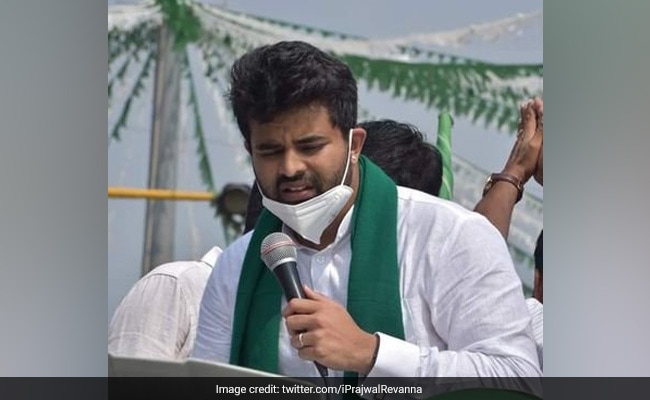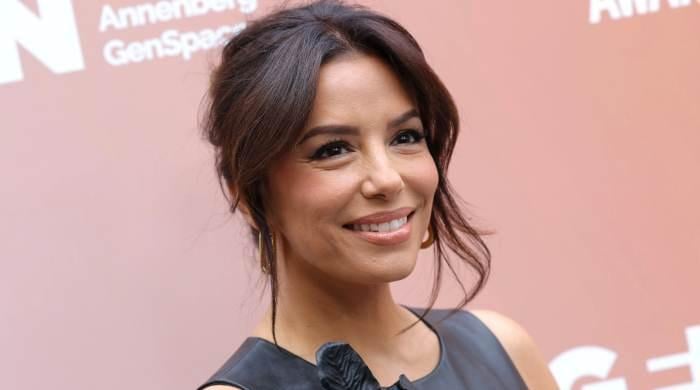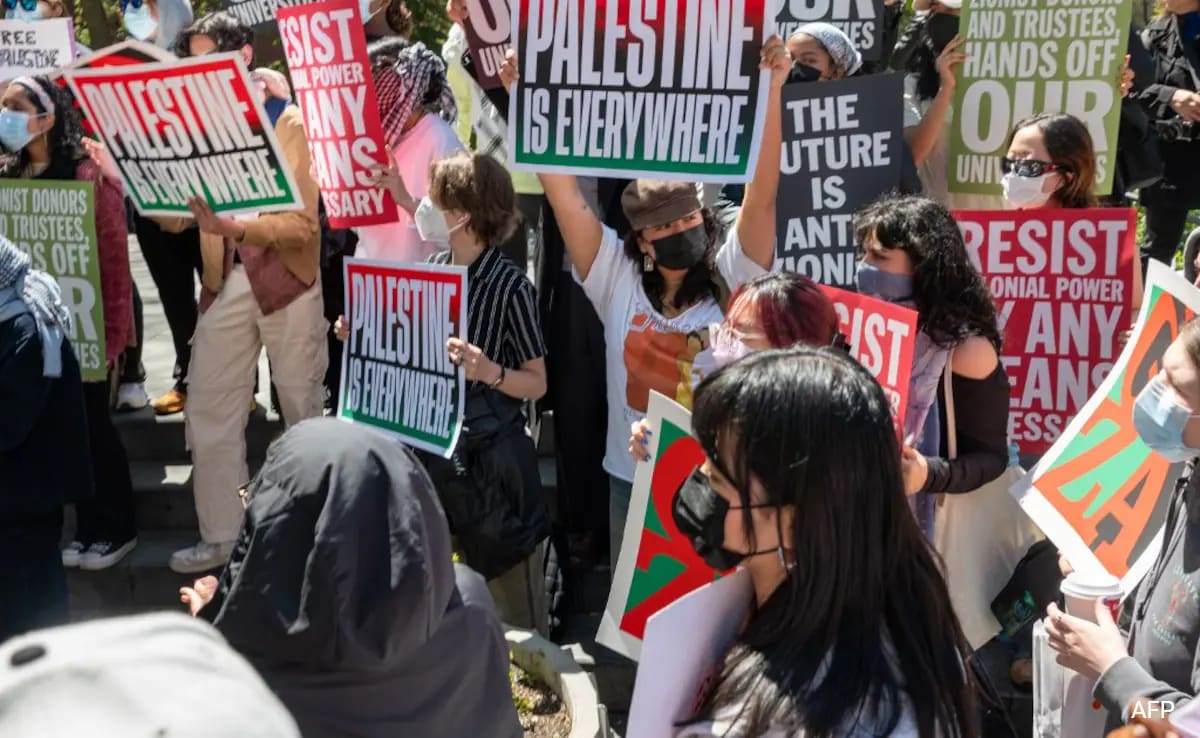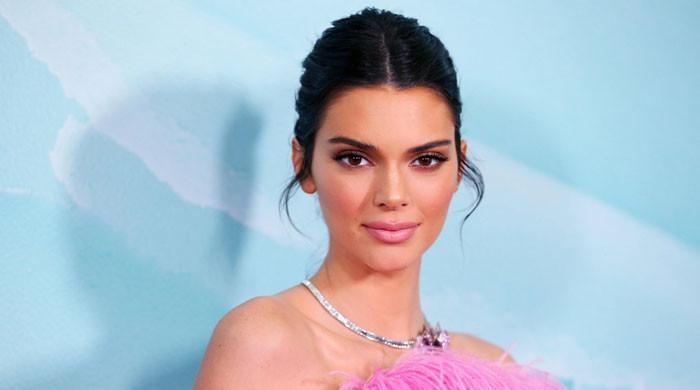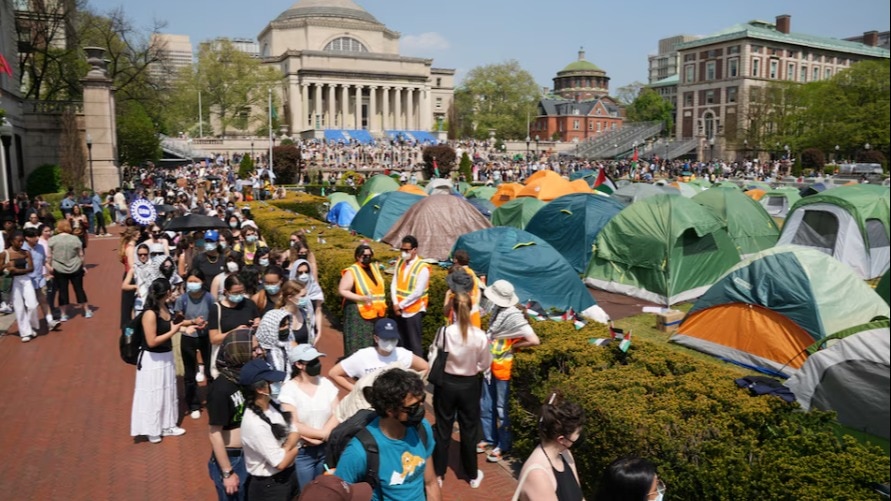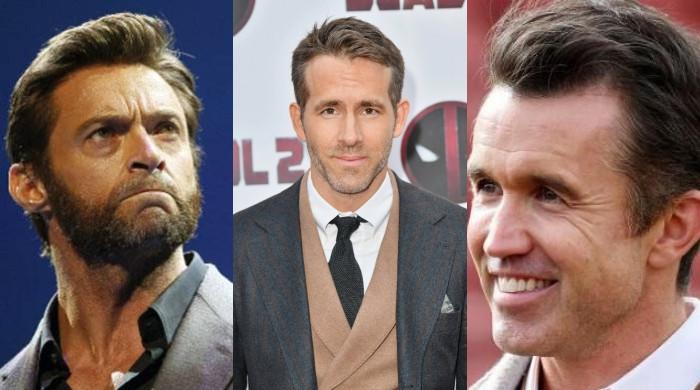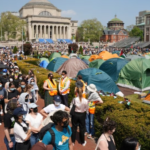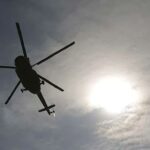Chinese leader Xi Jinping met with Russian Foreign Minister Sergey Lavrov on Tuesday, expressing signs of mutual support and joint opposition to Western democracies amid Moscow’s invasion of Ukraine.
According to Russian media reports, Lavrov told Xi Jinping: “We express our highest appreciation and admiration for the success you have achieved under your leadership over the years, especially the past ten years.”
“We are really happy about these successes, because they are the successes of our friends, even though not everyone in the world has this attitude and is doing everything possible to limit China’s development – like Russia’s development, in fact.” Lavrov said.
Russia’s growing economic and diplomatic isolation has made it increasingly dependent on China, its former rival for leadership of the communist bloc during the Cold War. The two countries have closely aligned their foreign policies over the past few decades, holding joint military exercises and seeking to unite non-aligned countries in organizations such as the Shanghai Cooperation Organization.
Lavrov held a news conference with Chinese Foreign Minister Wang Yi earlier on Tuesday to reiterate solidarity in international affairs.
Lavrov said that Russia and China oppose any international activities that do not take Russia’s position into consideration.
He said that Ukrainian President Zelensky’s “so-called peace plan” is “completely divorced from any reality.”
Zelensky has called on Russia to withdraw its troops and return all occupied Ukrainian territory, but he relies heavily on U.S. support, where the Republican majority in the U.S. House of Representatives has been delaying a new military aid package.
China and Russia are each other’s most important diplomatic partners, both holding permanent seats on the United Nations Security Council, and have worked together to block U.S. and allied initiatives to spread democratic values and human rights from Venezuela to Syria.
While China has not provided direct military support to Russia, it has supported Russia diplomatically, accusing the West of provoking Russian President Vladimir Putin’s decision to go to war and respecting the Kremlin by not calling it an invasion. China has also said it will not provide arms or military aid to Russia, although it maintains strong economic ties with Moscow as well as with India and other countries. under sanctions from Washington and its allies.
At a joint press conference, Wang Yi reiterated China’s call for a ceasefire and “an end to the war as soon as possible.”
Wang Yi said that China supports the convening of an international conference recognized by Russia and Ukraine at the appropriate time, in which all parties can participate on an equal footing and discuss all peaceful solutions fairly.
China’s peace overtures have attracted little attention, in part because of the country’s continued support for Russia and lack of vision for future solutions, especially the fate of occupied Ukrainian territories and their inhabitants.
Wang Yi also said that Xi Jinping and Putin will continue to maintain close exchanges this year and look forward to visiting each other’s capitals.
Wang Yi said that both China and Russia have gone through ups and downs, and both sides have learned from historical experience and found the right path to promote the healthy and stable development of bilateral relations. The good relations between China and Russia today are hard-won and deserve to be cherished and carefully maintained by both sides.
Lavrov arrived in China on Monday, while Wang Yi and other Chinese leaders have recently visited Russia and maintained China’s largely supportive Russian view on the causes of the conflict.
China has at times adopted a similarly combative tone toward the United States and its allies. China and Russia have held joint military exercises and are seen as seeking to replace democracy with dictatorship in areas where they have influence. China is also embroiled in territorial disputes of its own, particularly over the self-ruled island of Taiwan and the South and East China Seas.
Just weeks before Russia’s invasion of Ukraine, Putin visited Beijing for the opening ceremony of the 2022 Winter Olympics and the two sides signed an agreement pledging an “unrestricted” relationship, putting China backing Russia’s line while formally urging peace talks. .
In a phone call with Chinese leader Xi Jinping last week, U.S. President Joseph Biden pressed China on its defense ties with Russia. Russia is seeking to rebuild its industrial base while continuing its invasion of Ukraine. He also called on Beijing to use its influence over North Korea to contain its isolated and unstable nuclear forces.
Follow us on Google news ,Twitter , and Join Whatsapp Group of thelocalreport.in

